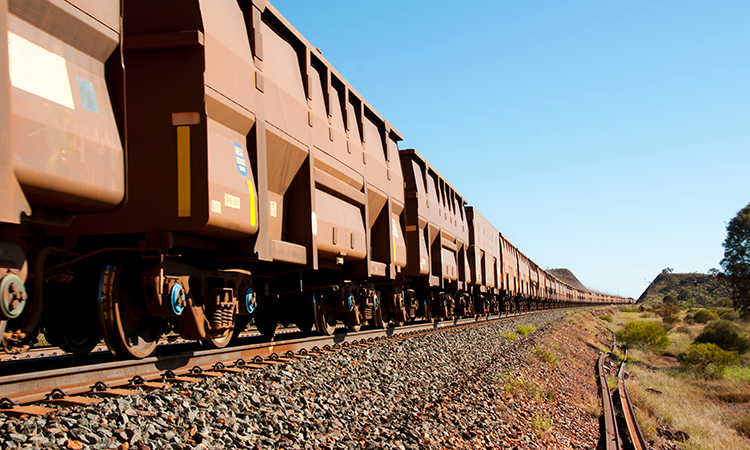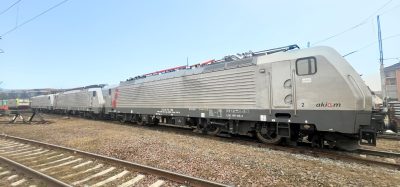ARA release report confirming need for greater use of rail freight
Posted: 28 February 2022 | Elliot Robinson (Editorial Assistant - Global Railway Review) | No comments yet
The ARA have released a new report outlining a range of issues that have acted as impediments to rail freight throughout Australia.


The Australasian Railway Association (ARA) has released a new report outlining how the Government and rail industry can support greater use of rail freight. The report identified a range of factors that had traditionally limited mode shift to rail and set out key recommendations to support improved modal share.
“It is no secret that moving more freight on rail delivers significant environmental and safety benefits for the community,” Caroline Wilkie, Chief Executive Officer for ARA, said. “Despite the obvious benefits of greater use of rail, Australia has faced persistent challenges when it comes to meeting mode shift targets to support these goals. The report confirms the need for new approaches to help maximise the use of rail to support an efficient and reliable national supply chain that meets current and future needs.”
The report, delivered by GHD Advisory, provides an overview of the range of issues that have traditionally acted as impediments to mode shift. The report confirmed four areas that were key to increasing freight modal share. The areas were addressing policies on metropolitan networks shared by freight and passenger services; improving land use planning to support the development of rail hubs; supporting new rail terminals to achieve higher volumes and lowering handling costs at ports and rail terminals. It found measures that maximise train utilisation, take advantage of rail’s strength in meeting high-volume requirements and ensure easy access to intermodal and logistics hubs would support greater use of rail.
Infrastructure improvements that enabled faster, more regular services and improved arrangements on rail lines shared with passenger services also presented opportunities for improved efficiency and productivity. The report found different transport modes within the sector face very different regulatory and compliance costs, and action was required to ensure a level playing field for all.
“Rail will support the majority of the growth in demand over the next decade and will be critical to keeping national supply chains open and operating as efficiently as possible,” Wilkie continued. “The report outlines a clear policy and investment agenda to support the growth of rail to meet this need in future years.”
Related topics
Cargo, Freight & Heavy-Haul, Safety, Sustainability/Decarbonisation








